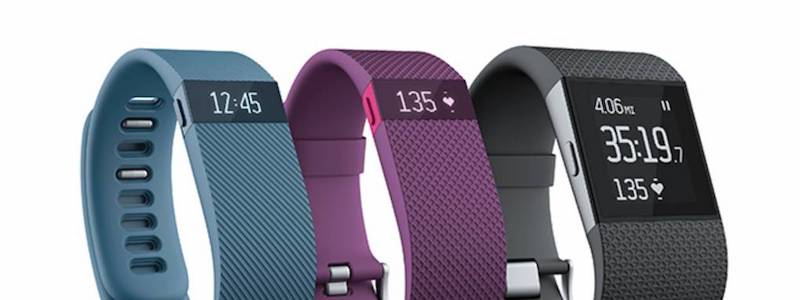
Daily Mail quotes Dr Nicholas Meyer.
Schizophrenia sufferers are often unable to recognise when changes in behaviour are about to trigger severe relapses.
And such relapses can be brought on simply by a lack of good-quality sleep.
Medical researchers have now teamed up with Fitbit to learn more about how sleeping patterns affect schizophrenia patients and they hope to use this data to recognise signs a person is about to relapse.
The study is called SleepSight and is being run by the National Institute for Health Research (NIHR) Biomedical Research Centre at South London and Maudsley NHS Foundation Trust and King’s College London.
It has developed a real-time monitoring system, and all participants will be given a Fitbit Charge HR with a paired smartphone.
These devices will monitor sleep and daily activity, which will be then uploaded to the team’s servers in real-time for evaluation.
Schizophrenia is a long-term mental health condition that causes a range of psychological symptoms such as hallucinations and delusions.
It is referred to as a psychotic illness and often a person may not be able to distinguish their own thoughts and ideas from reality.
Around one in 100 people are said to experience schizophrenia over the course of their lifetime and it is most often diagnosed between the ages of 15 and 35.
‘Deteriorating sleep quality is one of the major hallmarks of a potential relapse event in schizophrenia patients, but has until now has been difficult to study objectively,’ said the researchers.
‘The stream of information we gather provides us with insight into daily sleep patterns of patients in their normal environments, allowing us to investigate the relationship between sleep quality and relapse in schizophrenia.’
While asleep, people tend to move less and are completely motionless during the rapid eye movement (REM) sleep phase.
Sleep is also accompanied by a drop in heart rate, typically lower than a person’s normal resting heart rate.
Both of these can be measured using a Fitbit Charge HR to quantify how well a person has slept.
The team added that, in the future, wearables could send information to clinical teams caring for patients in the community meaning interventions can be targeted as soon as possible to patients with deteriorating sleep patterns.
‘With access to the Fitbit Partner API, we have the ability to “zoom” into our participant’s sleep and detect patterns in the single minute to second spectrum,’ continued the team.
‘We believe this partnership will allow us to significantly push our research forward and enable us to make more accurate detections and predictions of relapse in schizophrenia.’
The initial trial with run for two months and involve so-called ‘relatively stable’ patients not undergoing a relapse.
But specialist registrar in psychiatry Dr Nicholas Meyer told Wired that future studies will recruit ‘more unwell patients who may have a history of not taking medication’.
A separate study from the University of Bonn and King’s College London recently discovered that twenty-four hours of sleep deprivation can lead to conditions in healthy people similar to the symptoms of schizophrenia.
In psychosis, there is a loss of contact with reality and this is associated with hallucinations and delusions.
‘It was clear to us that a sleepless night leads to impairment in the ability to concentrate,’ said Professor Dr Ulrich Ettinger at the University of Bonn.
‘But we were surprised at how pronounced and how wide the spectrum of schizophrenia-like symptoms was.’


